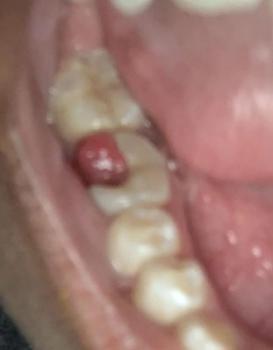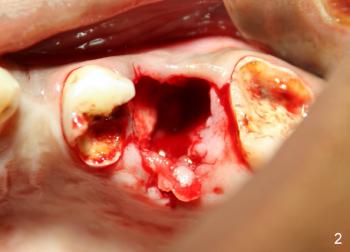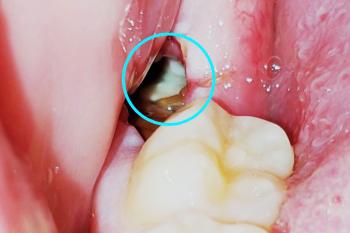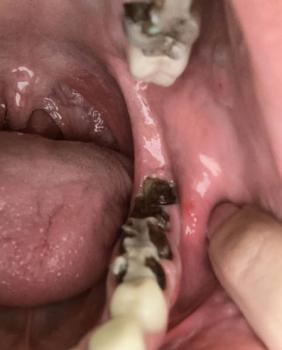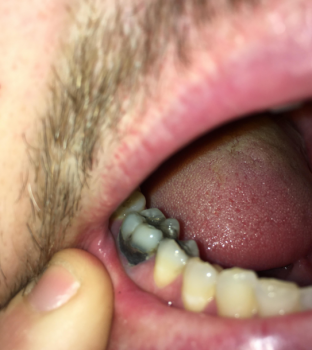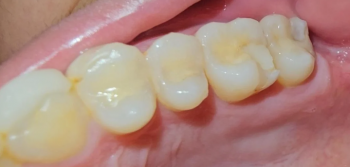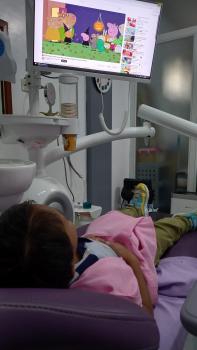Building Confidence One Smile at a Time.
8 Advanced AI tools for dental implants
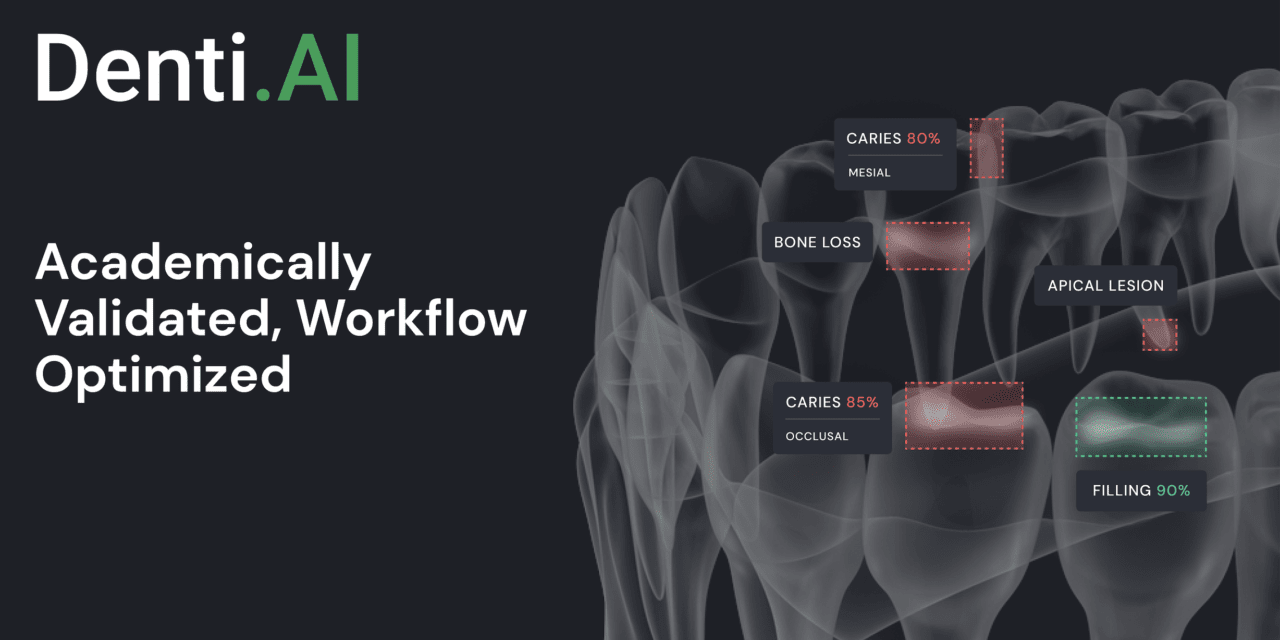
AI computer can accelerate the information status of the situation of the teeth. Advanced AI tools are revolutionizing the big changed in the field of dental implants by improving diagnosis, treatment planning, and surgical outcomes. Here are some cutting-edge AI tools and technologies used in dental implantology:
1. AI-Powered Imaging and Diagnosis
- Cone Beam Computed Tomography (CBCT): AI algorithms enhance CBCT images to provide detailed 3D views of the jawbone and surrounding structures, aiding in precise diagnosis and planning.
- Digital X-rays: AI systems analyze digital X-rays for early detection of issues such as bone loss, tooth decay, and abnormalities that could affect implant placement. All details are seen on the computer.
2. Virtual Treatment Planning
- 3D Imaging Software: AI-based 3D imaging tools allow for virtual treatment planning, enabling dentists to simulate different implant placement and visualize the final outcome before the actual procedure.
- Implant Simulation Software: These tools use AI to model different implant scenarios, helping to choose the best type, size, and position of implants.
3. Guided Surgery
- Surgical Guides: AI-generated surgical guides ensure precise drilling and implant placement, reducing the risk of errors and improving the accuracy of the procedure.
- Robotic-Assisted Surgery: Advanced robots guided by AI can assist in implant surgeries, offering high precision and consistent outcomes.
4. AI-Enhanced Prosthetics Design
- CAD/CAM Systems: Computer-Aided Design and Computer-Aided Manufacturing (CAD/CAM) systems use AI to design and fabricate custom prosthetics that fit perfectly and look natural.
- 3D Printing: AI enhances the accuracy of 3D printing of dental prosthetics, ensuring a better fit and faster production times.
5. Predictive Analytics
- Risk Assessment: AI tools analyze patient data to predict potential complications and assess risks associated with implant procedures.
- Outcome Prediction: AI can predict the success rate of implants by analyzing factors such as bone density, patient health, and implant type.
6. Patient Management and Follow-Up
- Virtual Assistants: AI-powered virtual assistants help manage patient appointments, reminders, and follow-up care. This will booster your customer support.
- Telemedicine Platforms: AI-integrated telemedicine platforms allow for remote consultations and monitoring of implant patients, enhancing post-operative care.
7. Machine Learning Algorithms
- Pattern Recognition: Machine learning algorithms can identify patterns in patient data, helping to customize treatment plans and improve outcomes.
- Deep Learning Models: These models can analyze vast amounts of dental data to uncover insights that inform better clinical decisions and innovations in implantology.
8. AI for Education and Training
- Virtual Reality (VR) and Augmented Reality (AR): AI-powered VR and AR tools provide immersive training experiences for dental professionals, enhancing their skills in implant procedures.
- Simulation Software: AI-driven simulation software offers realistic practice scenarios for dental students and practitioners to refine their techniques.
Benefits of AI in Dental Implants
- Precision and Accuracy: Enhanced imaging and planning tools lead to more precise implant placement.
- Improved Outcomes: Predictive analytics and guided surgery improve the overall success rate of implants.
- Efficiency: AI streamlines workflows, reduces the time required for procedures, and minimizes the risk of errors.
- Patient Experience: Custom prosthetics and virtual planning result in better aesthetic and functional outcomes for patients.
“Our team at Denti.AI is committed to being at the forefront of implementing artificial intelligence into clinical practices through rigorous academic validation and collaboration with leading academic institutions,” said Dmitry Tuzoff, founder and chief executive officer of Denti.AI.
AI systems can automatically detect issues like cavities, fractures, and tumors, allowing dentists to make more precise diagnoses and intervene earlier on developing conditions, ultimately improving patient outcomes.
image source :
https://orthodonticproductsonline.com/practice-products/imaging/ai-techn...
PDF Files :

